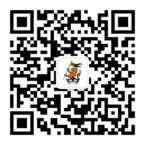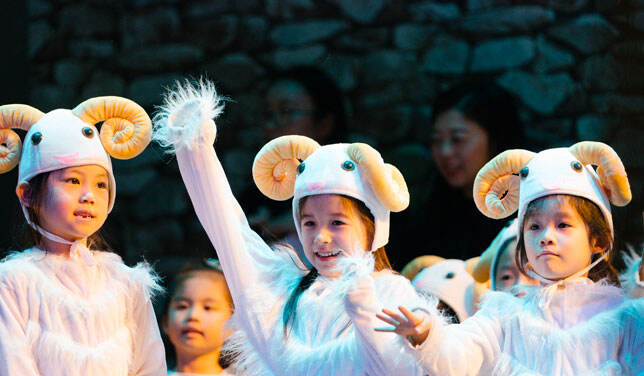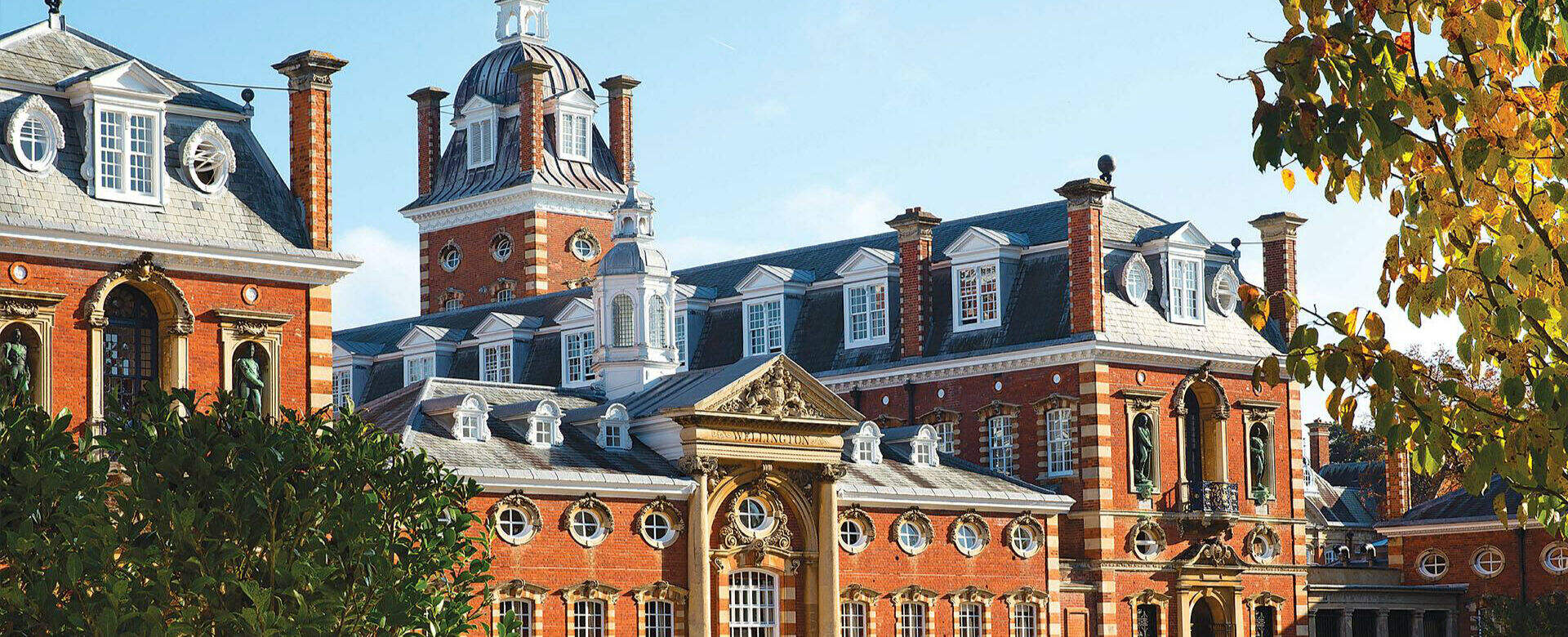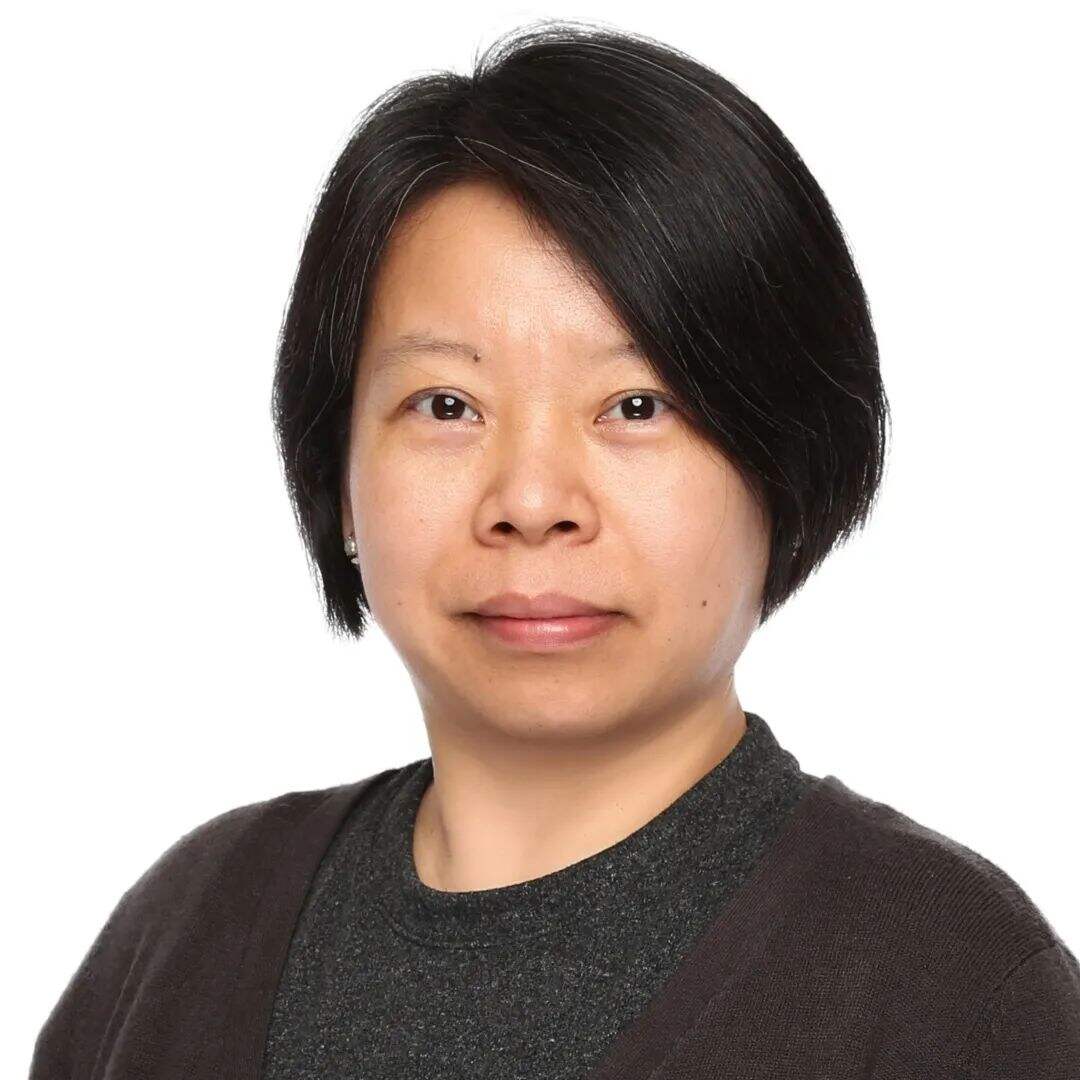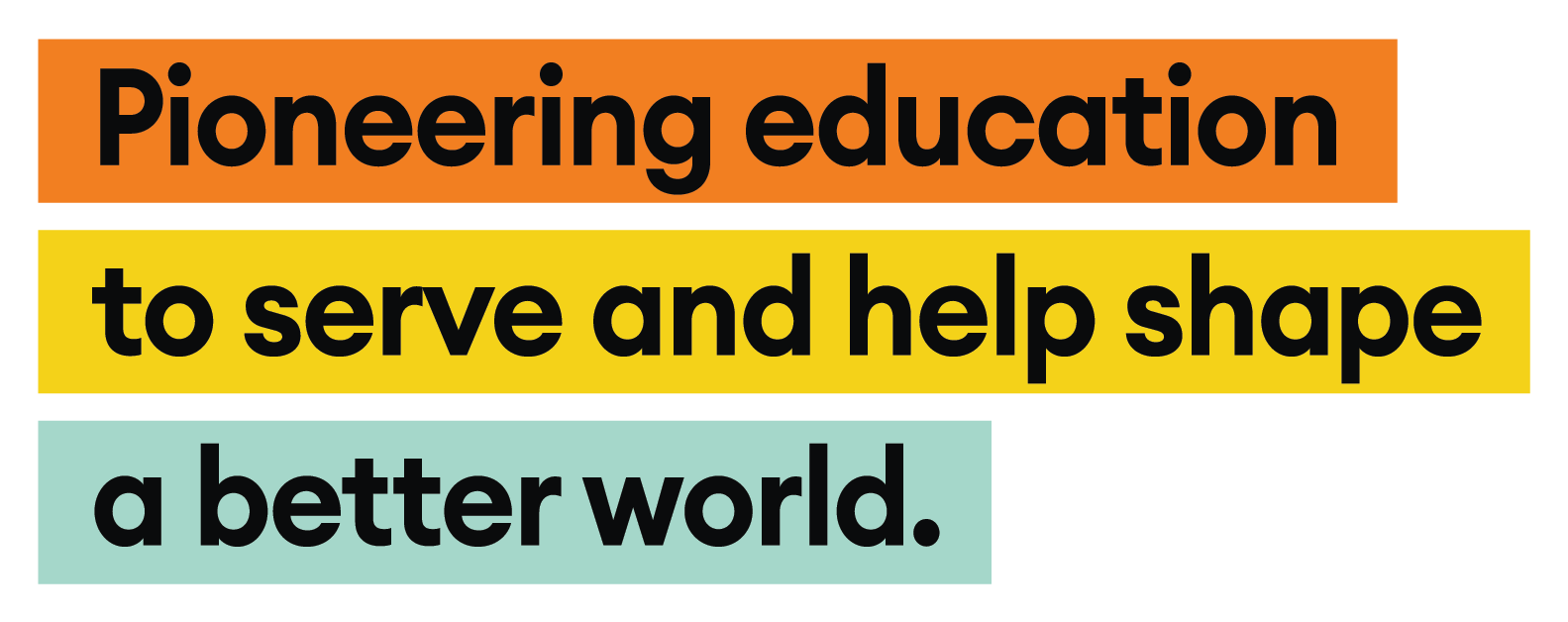Future-forward education: How we teach Chinese

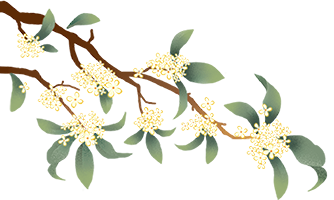
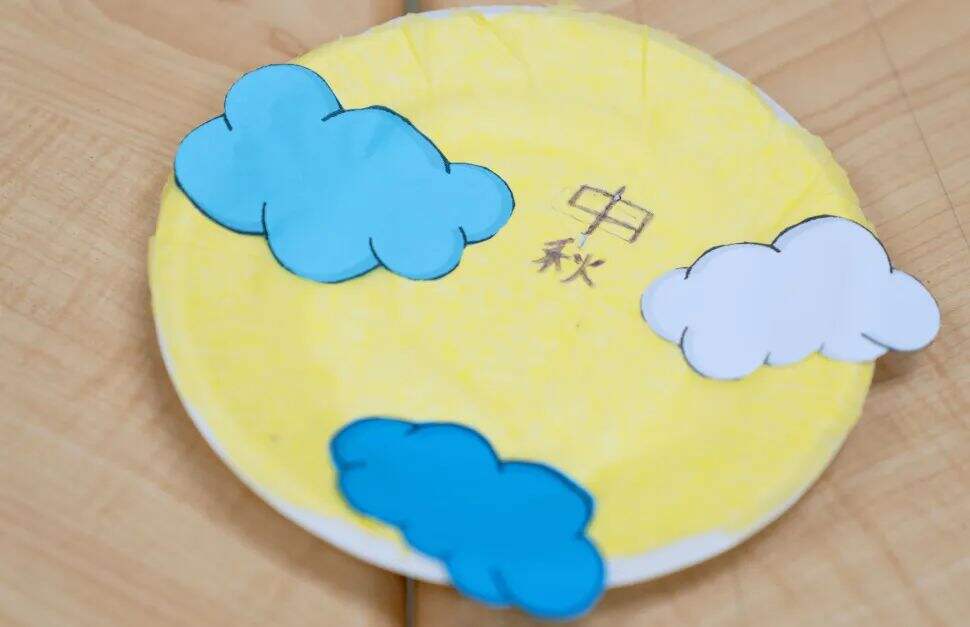
The Mid-Autumn Festival is not only a time for family reunions but also an excellent opportunity for the younger generation to learn and pass on traditional culture. At Wellington and Hiba campuses, pupils donned exquisite traditional costumes, reminiscent of ancient figures stepping into the present. Recitations of Mid-Autumn-themed poetry resonated with tender sentiments. Games like pitch-pot and go combined wisdom and fun. Handmade mooncakes and lanterns showcased creativity and craftsmanship. Such scenes are a testament to Wellington College Education (China)'s commitment to enhancing Chinese education.

Comprehensive
pupil-centred curriculum
Wellington College Education (China) ensures that its Chinese curriculum across all campuses is always pupil-centred, covering three major systems: native language, non-native language and bilingual teaching. This approach fully meets the learning needs of pupils from diverse backgrounds. During the early childhood and primary bilingual programmes, bilingual immersive experiences and a variety of language enrichment and cultural courses are offered. In Primary and Senior Schools, the Chinese curriculum is tracked according to pupils' backgrounds and proficiency, emphasising a comprehensive development of basic knowledge, cognitive abilities and cultural understanding.
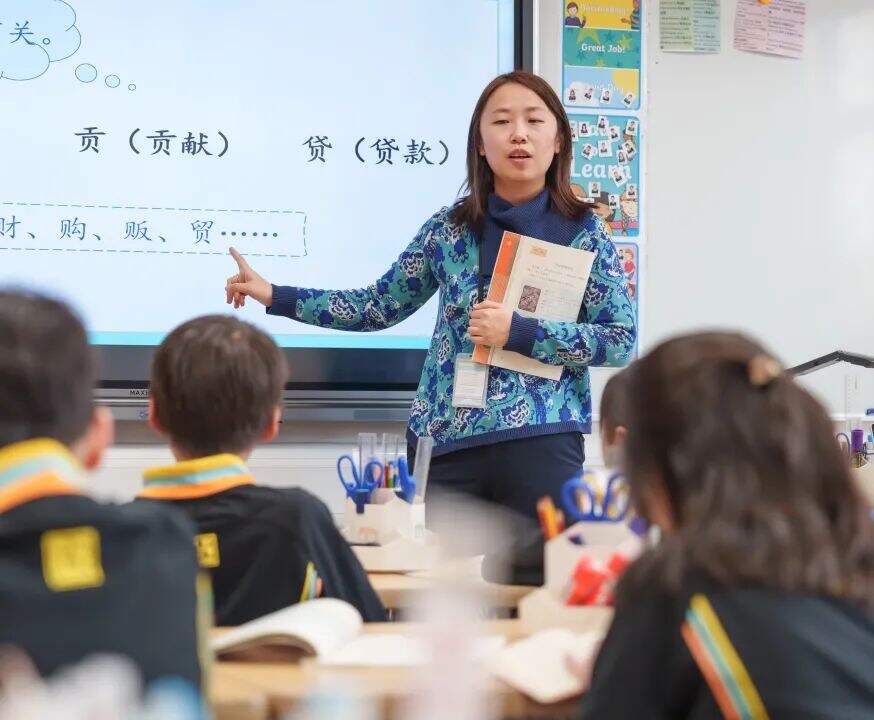
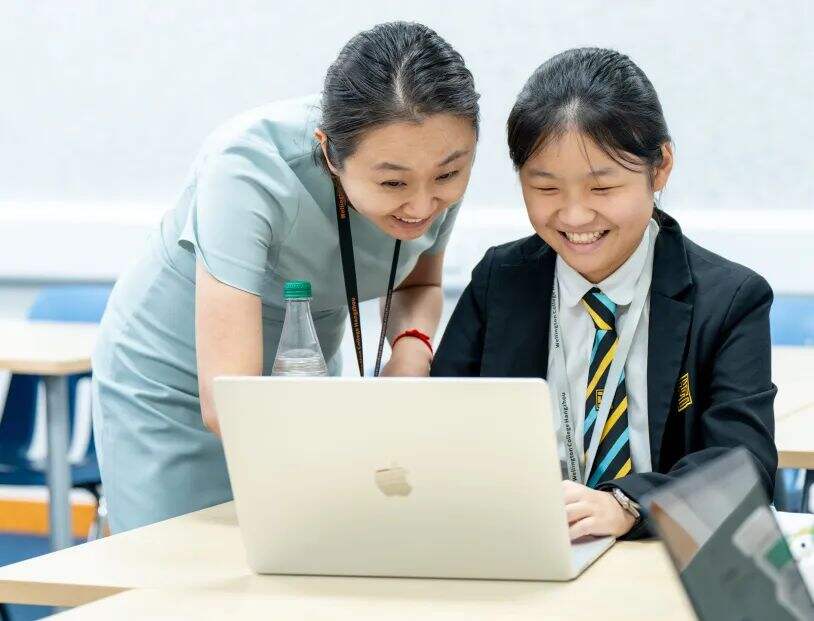
Wellington and Hiba Chinese courses for native speakers are aligned with national curriculum standards, using standard textbooks as a foundation. They also integrate outstanding educational philosophies from both the East and West, forming a unique curriculum system. Courses are varied, and teaching methods are flexible, truly realising the concept of comprehensive language learning.
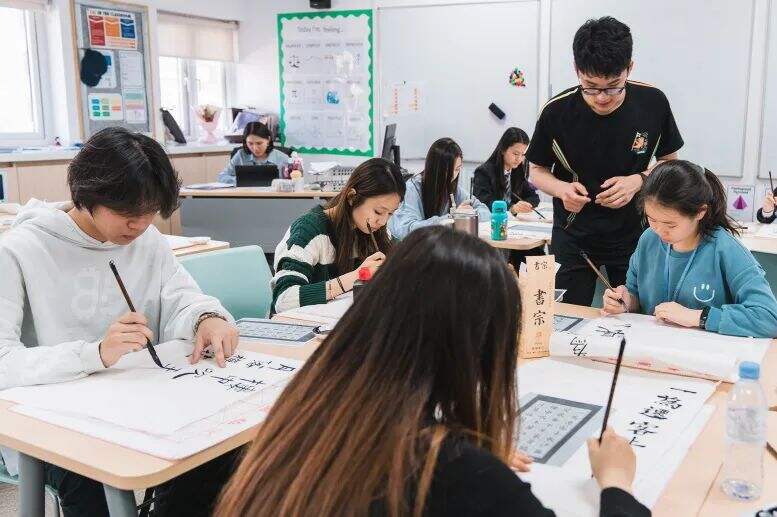
Wellington's non-native language courses are based on Chinese Proficiency Grading Standards for International Chinese Language Education, employing theme-based teaching that focuses on communication skills, supplemented by rich cultural activities to aid pupils in intercultural exchanges. In the Sixth Form, various public examination courses are offered, with continuous performance improvement through systematic evaluation and personalised support.

Rich and inclusive
campus culture
Outside the classroom, we strive to cultivate a rich Chinese cultural environment. Regularly held events like Chinese Culture Week, calligraphy competitions, poetry recitations, writing competitions, traditional game contests, magazine clubs, theatre troupes and debate clubs not only enrich pupils' extracurricular lives but also immerse them in the unique charm of Chinese culture.
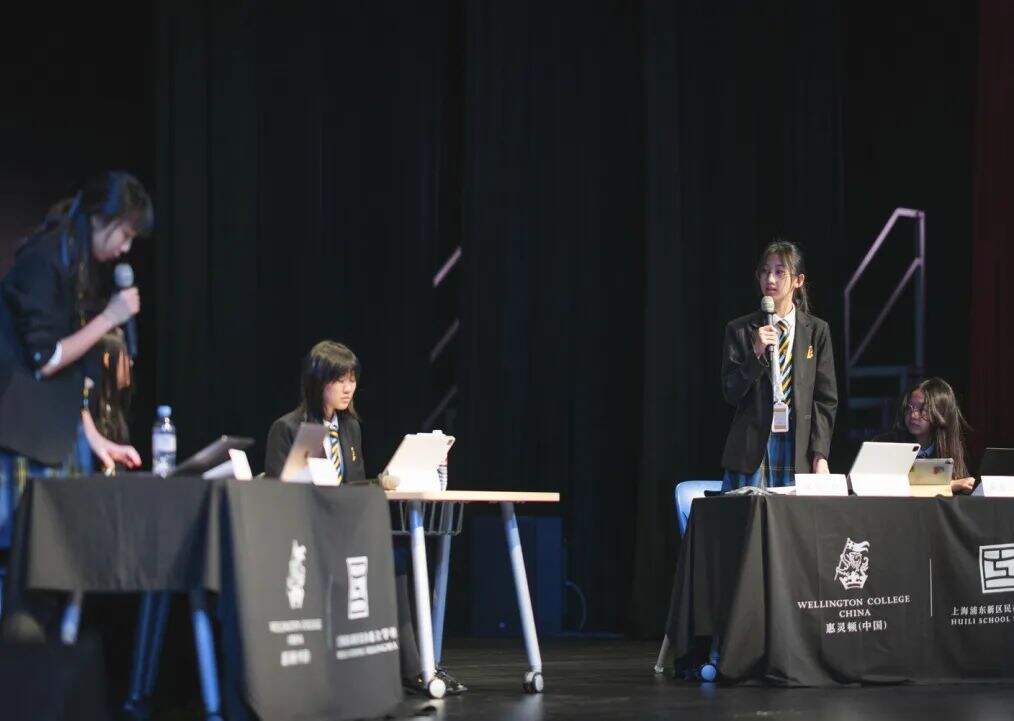
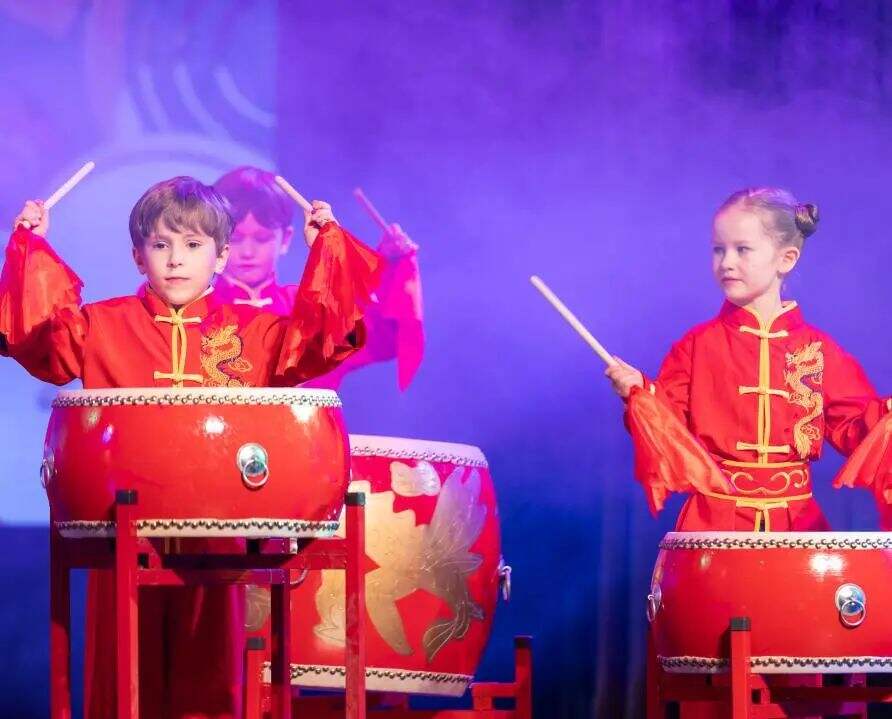
/////////
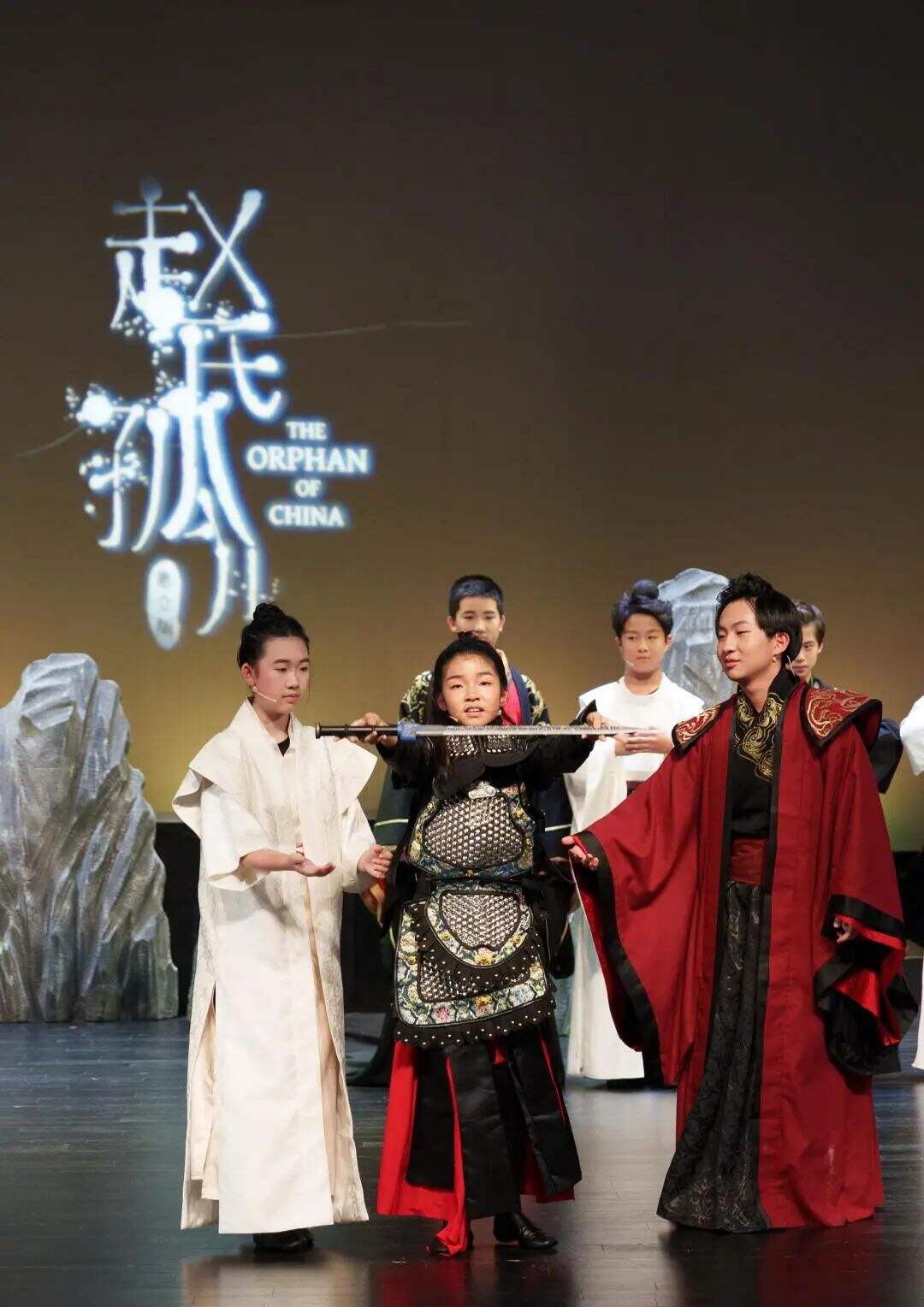
We also leverage geographical advantages by conducting field trips and taking pupils out of the classroom to explore communities, museums and historical sites. This exploration broadens their horizons and builds communication skills. Pupils learn not only to express themselves in Chinese but also to feel and inherit these precious cultural heritages that belong to both China and the world.
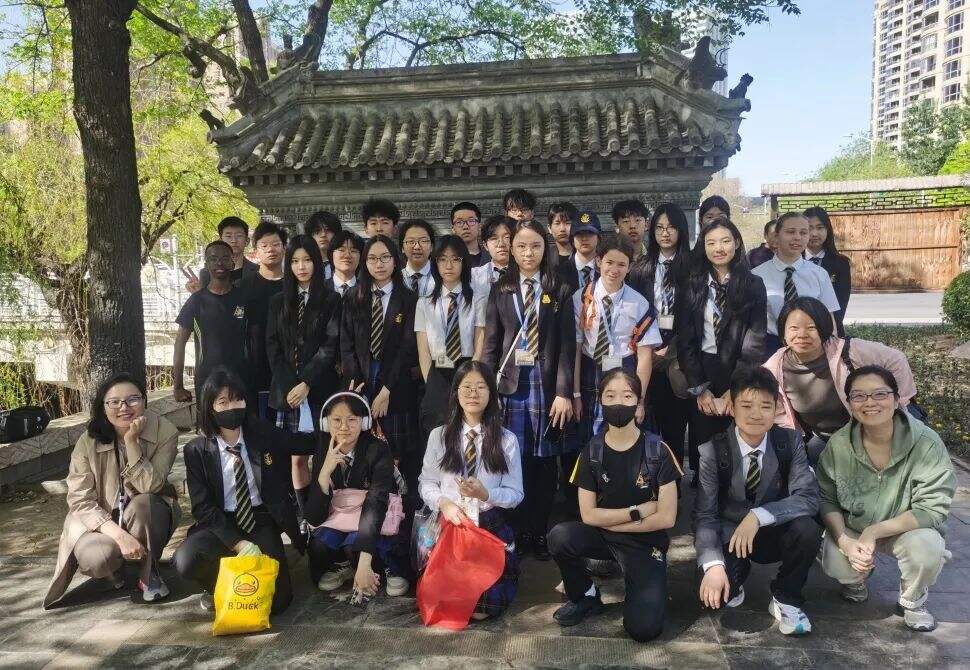


Dedicated and progressive
teachers
A high-quality, professional team of teachers is the cornerstone of Chinese education. Teachers are deeply committed to their teaching roles while steadfastly exploring and innovating, continuously surpassing themselves. In-depth communication and close collaboration, such as cross-campus research projects and annual group-wide Chinese Teaching and Learning Conference, ensure the continuous optimisation of Chinese teaching quality, providing pupils with the best learning experience.
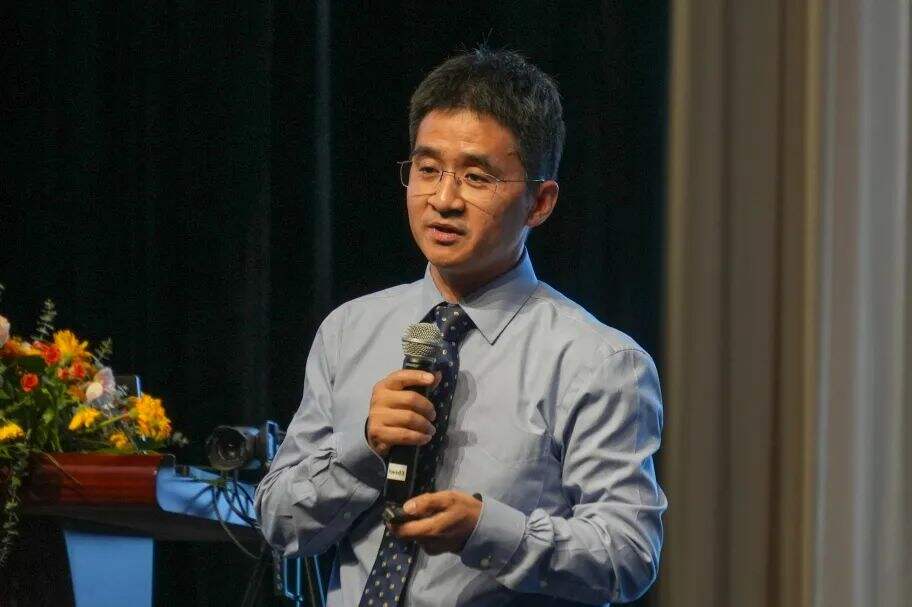
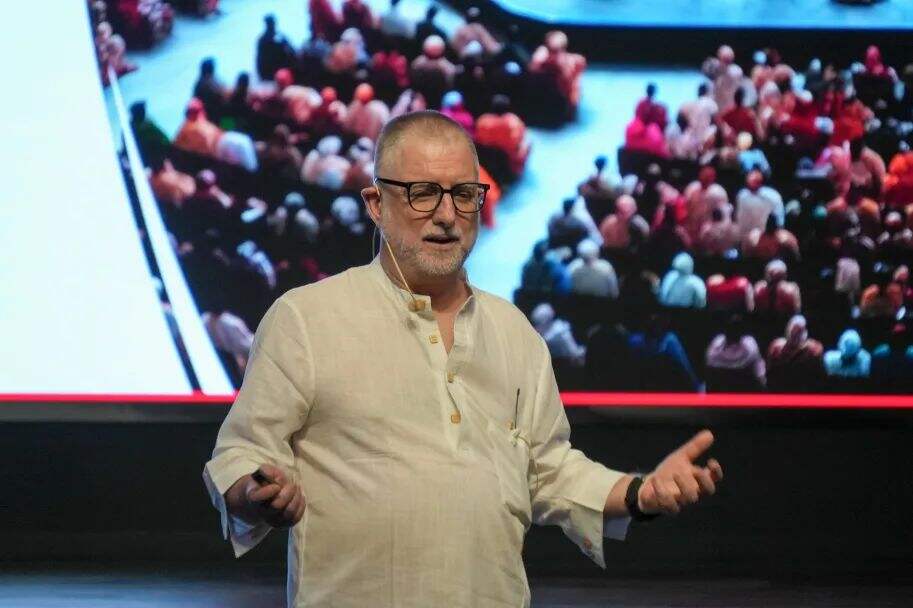
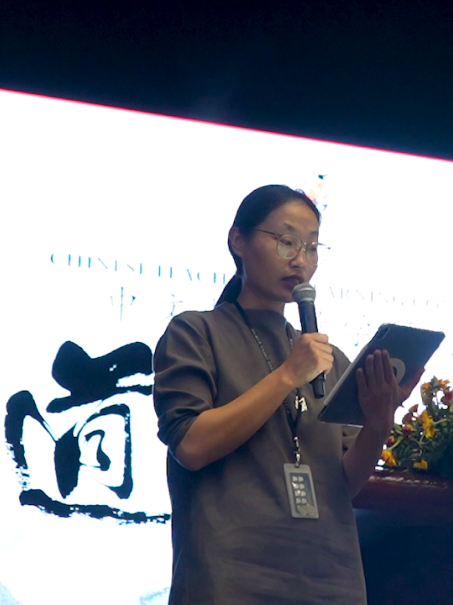
At the recently concluded Fourth Chinese Teaching and Learning Conference held at Hiba Academy Nantong, the Chinese teaching team explored how AI can effectively assist Chinese teaching. This highlighted the teachers' open-mindedness and forward-looking spirit towards new transformations. Nearly 50 Chinese teachers from Tianjin, Shanghai, Hangzhou and Nantong attended in person, with online live broadcasts and recorded playback extending participation opportunities to teachers within the group and overseas partner teachers.
Keynote speakers included Ning Dong, Principal of Sydney Datong Chinese School and an expert in international Chinese education, as well as professionals from Wellington Collge China. They discussed how technology in the era of AI can empower language subject teaching. Workshop hosts, including guest speakers such as Yunyun Tang, Head of Mandarin at Wellington College UK, and nearly 20 outstanding Chinese teachers, shared valuable and vibrant teaching experiences.
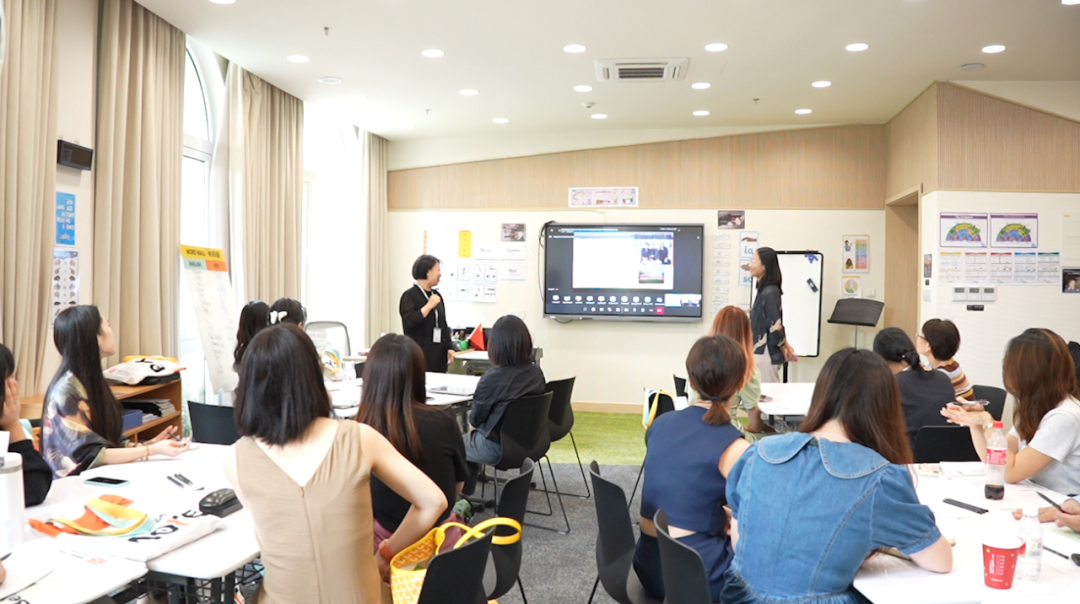
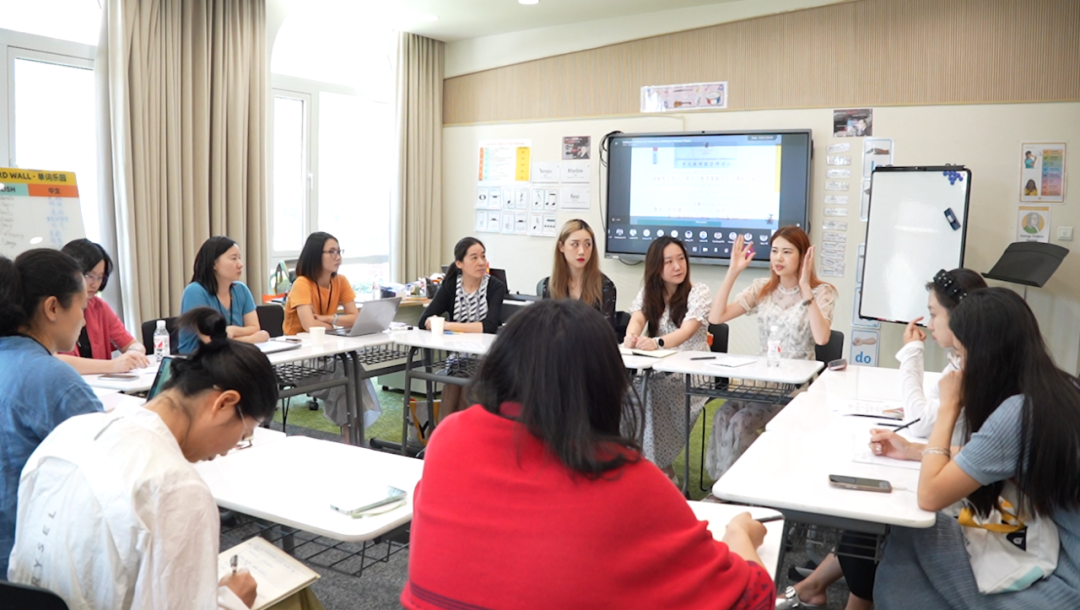
The Chinese Teacher Forum, hosted and addressed by subject leaders and veteran teachers, tackled pressing issues in working practices. This provided teachers with insights, methods and strategies for solving real-world problems. Excellent teachers are also excellent learners. The journey of learning is endless, and our Chinese teachers lead by example.
Special Contributor:
Yang Zhou
Head of Mandarin at Wellington College Tianjin and Chinese Coordinator of The Bridge|China
Yang Zhou




